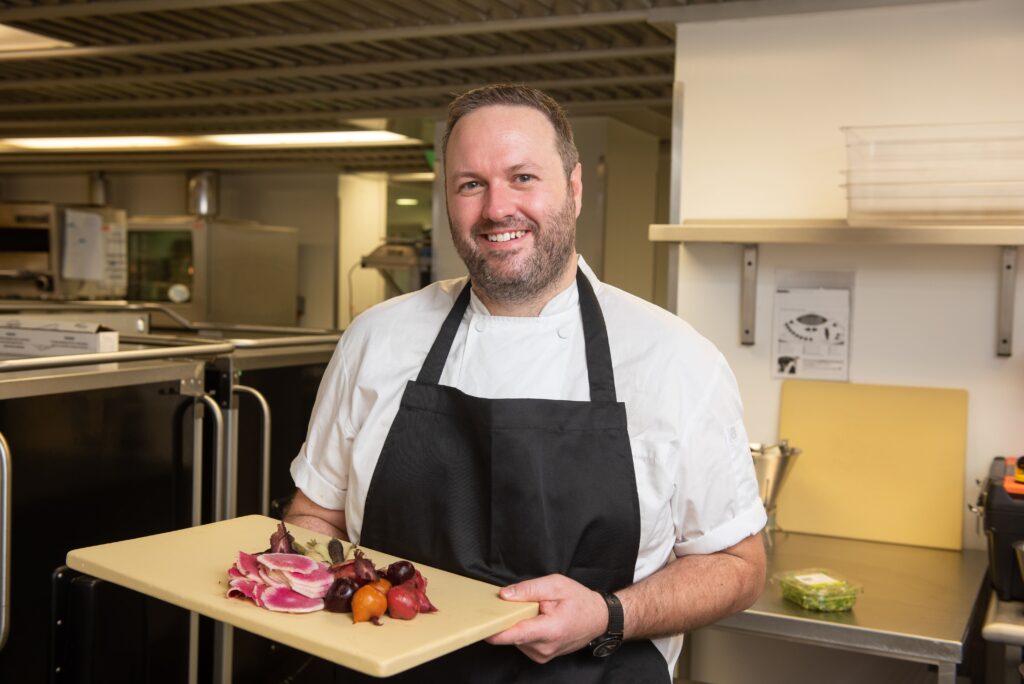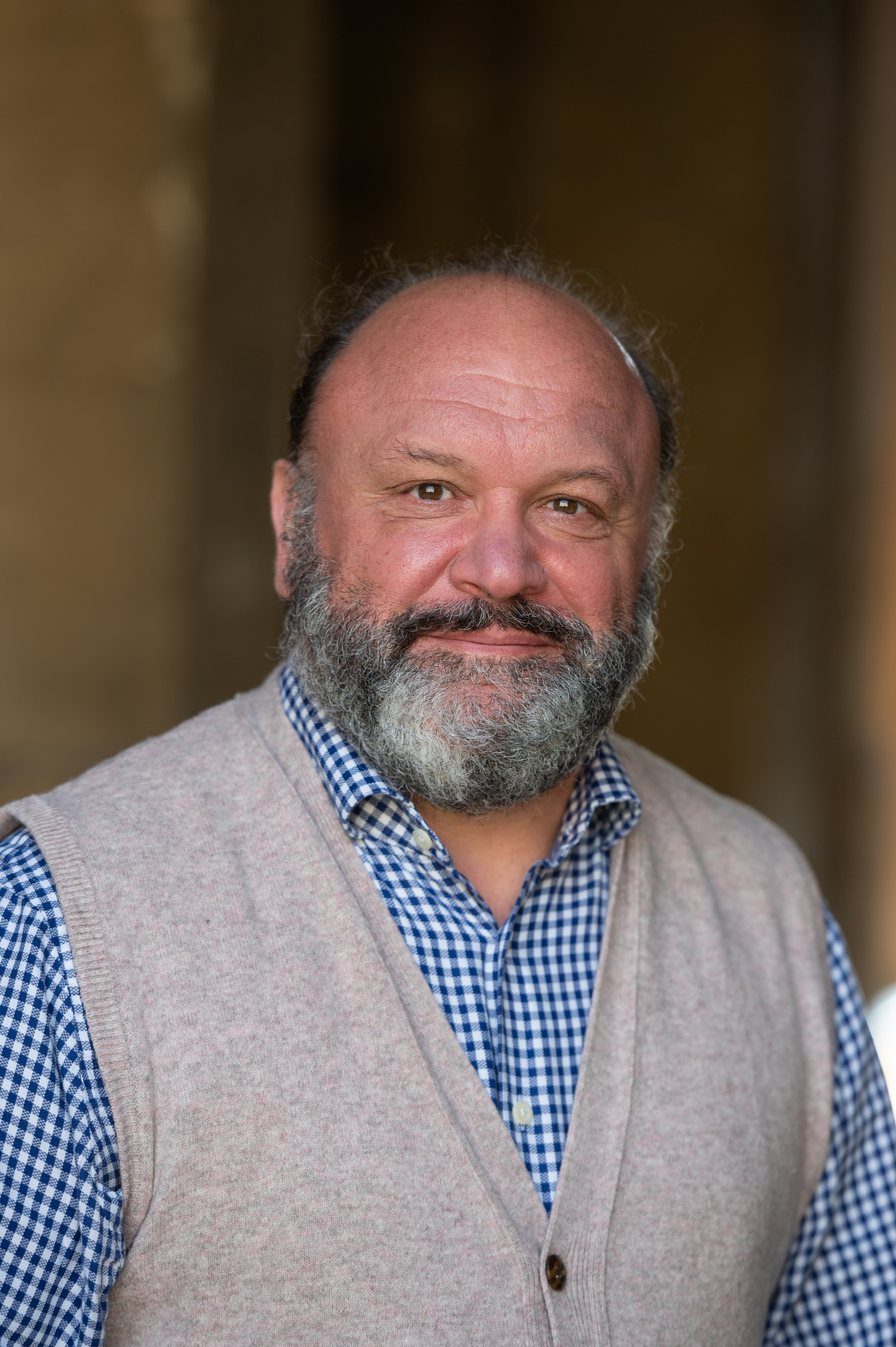Introductory paragraph – optional if required. Lorem ipsum dolor sit amet, consetetur sadipscing elitr, sed diam nonumy eirmod tempor invidunt ut labore et dolore magna aliquyam erat, sed diam voluptua. At vero eos et accusam et justo duo dolores et ea rebum. Stet clita kasd gubergren, no sea takimata sanctus est.
Paragraph text lorem ipsum dolor sit amet. Lorem ipsum dolor sit amet, bold text will appear like this consetetur sadipscing elitr, sed diam nonumy eirmod tempor invidunt, no sea takimata sanctus ut labore et dolore magna aliquyam erat, inline hyperlink style will look like this sed diam voluptua. At vero eos et accusam et justo duo dolores et ea rebum. Stet clita kasd gubergren, no sea takimata sanctus est Lorem ipsum dolor sit amet.
Image left no link
Main college feed
Tile title lorem ipsum
Tile title lorem ipsum dolor sit amet sed diam adipiscing elit nonummy nibh
Tile title lorem ipsum dolor sit amet sed diam adipiscing elit
Tile title lorem ipsum dolor sit amet sed diam adipiscing elit nonummy nibh

Lorem ipsum dolor no link

Lorem ipsum dolor sit amet adipiscing sed diam elit nonummy

Lorem ipsum dolor
Lorem ipsum dolor sit amet adipiscing
Queen’s now

Prof Jane Langdale named ‘Oxford Changemaker’ in Ashmolean Exhibition

Fellow in Mathematics appointed Fellow of the Academy for the Mathematical Sciences

Current student is Musical Director of Sondheim’s ‘Company’ at Oxford Playhouse’

Provost elected Fellow of the Royal Economic Society

Queen’s launches digital guide on Bloomberg Connects

7
MAR
The Crown of Life: choir CD Launch Concert
What’s for lunch?
- Soup
**
Roast Turkey Breast, Roast Potatoes, Stuffing Ball,
Mixed Veg, Gravy
**
Blackberry Crumble
———————-
Seitan Stuffed Pepper, Roast Potatoes, Stuffing Ball,
Mixed Veg, Gravy



“Wonderfully terrifying.”
That’s how second-year Music student Tom Constantinou describes conducting Sondheim’s ‘Company’ at the Oxford Playhouse this January.
From leading a 14-piece jazz band in the pit to navigating the acoustics of a professional theatre, all while balancing an Oxford degree, Tom shares his experience and tells us how singing in the Choir of The Queen's College, Oxford helped prepare him.
Read Tom’s story. 🎼✨ ow.ly/n07o50Yej28
#MusicStudent #OxfordMusic #Sondheim #CompanyMusical #JazzBand #OxfordPlayhouse #StudentLife #QueensChoir ... See MoreSee Less
Senior Research Fellow Dr Frances Reynolds and former Queen's Research Fellow Dr Selena Wisnom (now Lecturer in the Heritage of the Middle East at the University of Leicester) appeared on BBC Radio 4’s ‘In Our Time’ this morning discussing the Code of Hammurabi which made such an impression in Mesopotamia that it was copied and shared for a millennium after his death: www.bbc.co.uk/sounds/play/m002r4v1.
#CodeOfHammurabi #MesopotamiaHistory #AncientLaw #HistoricalResearch #BBCInOurTime #AncientCivilizations ... See MoreSee Less
Could neutrinos change the future of dark matter research? ⚛️
In the latest episode of 'Even Bananas', Fellow in Physics Dr Kirsty Duffy is joined by dark matter hunter Dr Kimberly Palladino to tackle one of the biggest mysteries in modern physics.
Dark matter remains elusive but as experiments become more sensitive, neutrinos may start to interfere, creating a “neutrino fog” that could reshape how scientists search for answers.
'Even Bananas' breaks down cutting-edge physics with clarity and a sense of fun.
🎥 Watch the new episode on YouTube: ow.ly/pXaZ50Y9eSI
#Neutrinos #DarkMatter #PhysicsPodcast #EvenBananas #ScienceCommunication #PhysicsResearch #ModernPhysics #PhysicsForEveryone #PhysicsatOxford ... See MoreSee Less
We are excited to say that the Choir will be singing evensong at Salisbury Cathedral this evening! You can watch the service using the attached link. Please be aware that this stream is live only, and will not be available once the service ends.
If you are Oxford-based and still wish to attend a service at Queen's, a said Evening Prayer will be taking place in the Chapel at 6.30pm.
m.youtube.com/watch?v=HpBhDgT1Cx8&fbclid=IwVERDUAP5OJNleHRuA2FlbQIxMQBzcnRjBmFwcF9pZAo2NjI4NTY4Mz... ... See MoreSee Less